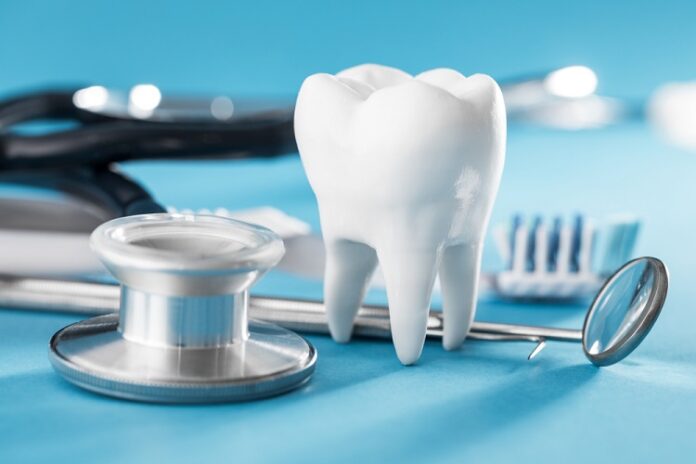Have you ever found yourself feeling anxious or fearful at the thought of going to the dentist? Do you break out in a cold sweat? Or your heart starts racing, and your palms get clammy as you wait for your dentist, Dr. Maham Siddiqui, to begin your procedure? If so, you are not alone.
Dental anxiety is a common experience for many people and can be a significant barrier to receiving the dental care you need to maintain your oral health. Fortunately, these five tips and strategies can help make your dental care experience more comfortable and positive.
Table of Contents
Talk to Your Dentist
Talking to your dentist about your dental anxiety is important in overcoming it. A good dentist will listen to your concerns and work with you to find ways to make you feel more comfortable during your appointments.
They can provide you with more information about the procedures you will be undergoing. They will also answer your questions, explain what you can expect during your visit, and suggest strategies to help you relax during your appointments.
Choose the Right Dentist
Choosing the right dentist is important when it comes to overcoming dental anxiety. Look for a dentist who is experienced in treating patients with dental anxiety and has a gentle and caring approach. You can research online, read reviews, and ask for recommendations from family.
Doing so will help you find a dentist with a reputation for being patient and understanding with anxious patients. When you find a dentist you are interested in, do not hesitate to schedule a consultation to meet them in person.
Consider Sedation Dentistry
Sedation dentistry can be effective if you have severe dental anxiety or need to undergo more complex procedures. Several types of sedation are available, including oral sedation, nitrous oxide, and intravenous (IV) sedation.
Depending on your level of anxiety and the specific procedure you will be undergoing, your doctor might recommend any of the above sedation types. Sedation dentistry can help you feel more relaxed during your appointment, making getting the dental care you need easier.
Gradual Exposure
Gradual exposure therapy can be effective for patients with severe dental anxiety. This approach involves gradually exposing yourself to the dental environment over some time. You can start with simple and non-invasive visits and gradually work up to more complex dental procedures.
The goal of gradual exposure therapy is to help desensitize you to the dental environment to become more comfortable and relaxed during your appointments. Your dentist can work with you to create a customized exposure plan that considers your specific needs and concerns.
Ask for Breaks
Asking for breaks during your dental appointment can be a helpful strategy to help manage dental anxiety. It is important to remember that you are in control of your comfort and that it is okay to take breaks when you need them.
If you feel overwhelmed or anxious during the procedure, do not hesitate to ask your dentist for a break. You can use this time to take a few deep breaths, stretch your muscles, or relax. You can also distract yourself by listening to music to help you take your mind off the procedure.
Overcoming dental anxiety and fear during dental care can be a challenging process. However, with the above strategies, you can experience the benefits of good oral health easily and confidently.
It is important to note that dental anxiety can affect anyone regardless of age or gender. Therefore, do not be ashamed to seek help if dental anxiety is getting in your way of receiving proper dental care. Also, always be open about your condition with your dentist.







